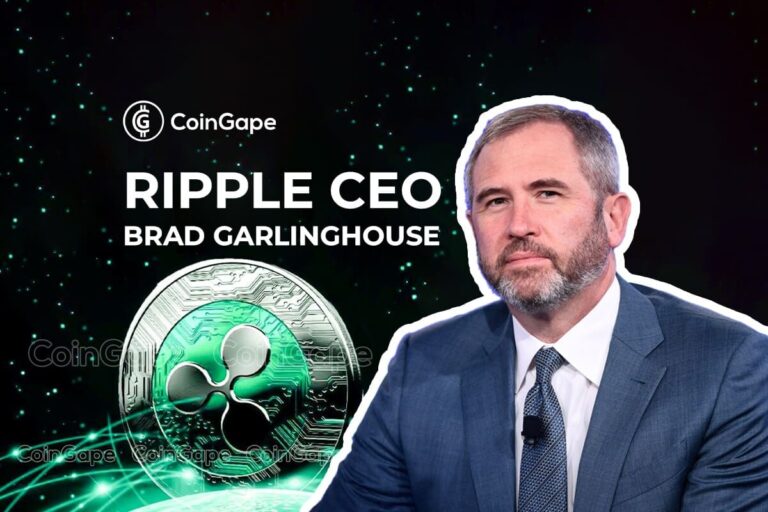Bitcoin: The Game-Changing Neutral Reserve Asset Shaking Up the Financial System
Prominent Analysts Point to Bitcoin as a Solution to Financial Instability
In a recent episode of the ‘What Is Money’ podcast with Robert Breedlove, renowned financial analyst Luke Gromen discussed the potential for Bitcoin or gold to serve as solutions to mounting economic challenges. Gromen highlighted the precarious sovereign debt situations facing countries like the U.S., with its staggering $36 trillion debt.
With traditional fiat currencies facing increasing instability due to factors such as excessive government debt and inflationary pressures, alternative assets like Bitcoin are gaining traction as neutral reserve assets that could potentially shake up the financial system.
Bitcoin as a Game-Changing Reserve Asset
Bitcoin, a decentralized digital currency, has been gaining widespread adoption as a store of value and a hedge against inflation. Its limited supply of 21 million coins and transparent, immutable blockchain technology make it an attractive alternative to fiat currencies that can be easily manipulated by central banks.
Analysts like Luke Gromen believe that Bitcoin’s decentralized nature and deflationary economic model could make it a game-changing asset that disrupts the traditional financial system. By serving as a neutral reserve asset, Bitcoin has the potential to protect investors against the risks associated with fiat currencies and sovereign debt crises.
As governments around the world continue to accumulate massive amounts of debt and print money indiscriminately, the need for a stable and secure store of value becomes increasingly important. Bitcoin’s decentralized and censorship-resistant properties make it an appealing option for investors looking to protect their wealth in the face of economic uncertainty.
Impact on Individuals
For individual investors, the rising importance of Bitcoin as a neutral reserve asset could offer a compelling opportunity to diversify their portfolios and protect their wealth against inflation and economic instability. By allocating a portion of their assets to Bitcoin, individuals can benefit from the potential upside of a disruptive technology that is reshaping the financial landscape.
Global Implications
On a global scale, the mainstream adoption of Bitcoin as a neutral reserve asset could have far-reaching implications for the financial system. As more institutions and governments recognize the value of Bitcoin as a store of value and a hedge against inflation, the traditional power dynamics of the global economy could undergo significant shifts.
Bitcoin’s role as a decentralized and borderless asset could challenge the dominance of central banks and fiat currencies, leading to a more equitable distribution of wealth and power. As countries grapple with mounting debt and economic uncertainty, Bitcoin’s emergence as a game-changing reserve asset could offer a viable solution to the challenges facing the global financial system.
Conclusion
Bitcoin’s rise as a neutral reserve asset represents a paradigm shift in the world of finance, offering individuals and institutions a new way to protect their wealth and navigate the uncertainties of the modern economy. As prominent analysts like Luke Gromen point to Bitcoin as a potential solution to mounting economic challenges, it is clear that the digital currency’s disruptive potential is reshaping the financial landscape for the better.




